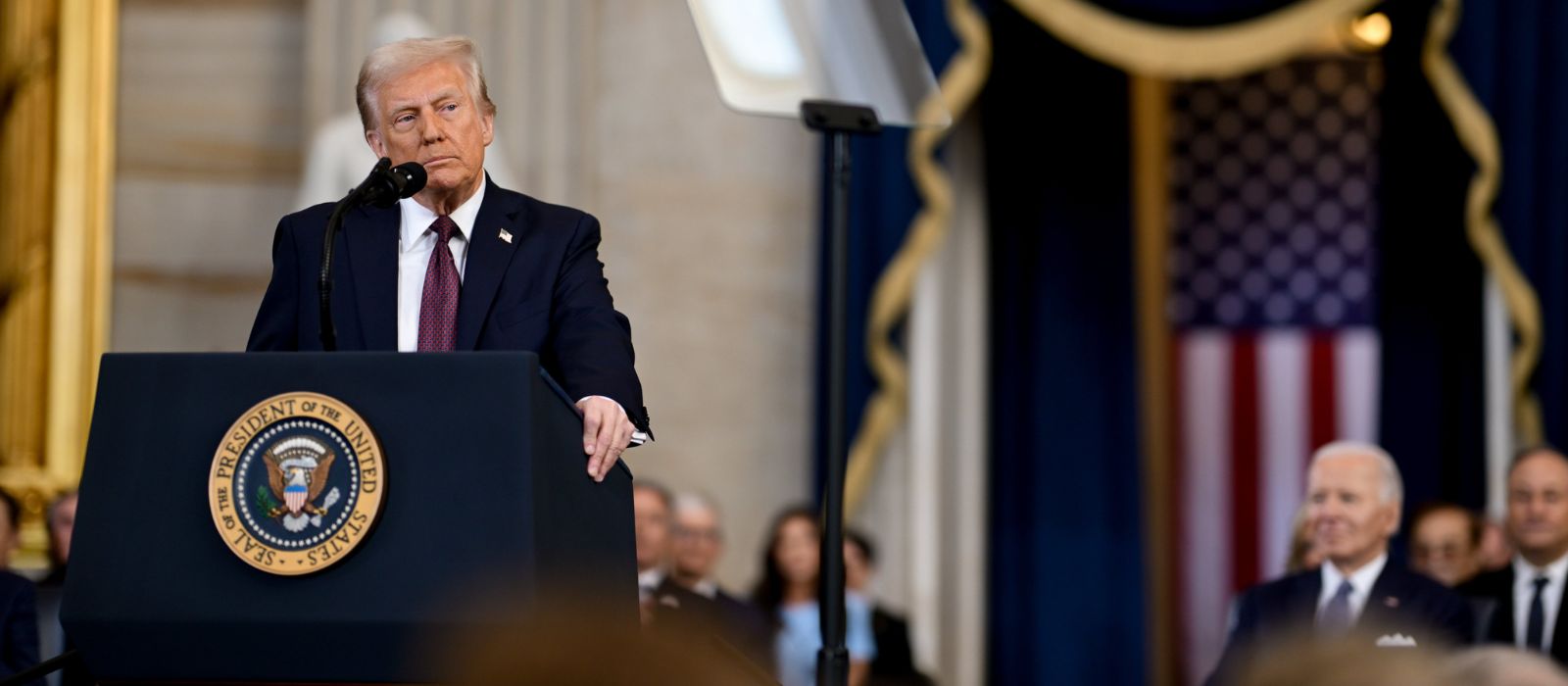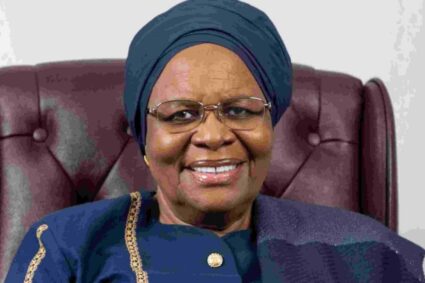
With the return of President Donald Trump to office, there are significant concerns about the potential reduction in United States aid to Africa.
Trump’s administration has already signaled a shift in foreign policy, emphasizing the need to align aid with American interests and values under the “Make America Great Again” (MAGA) agenda.
This article therefore explores the implications of reduced aid, the advancement of business and trade negotiations, and Africa’s readiness to leverage these changes for economic growth.
President Trump recently issued an executive order suspending all U.S. foreign assistance programs for 90 days to review their alignment with his policy goals. This move could lead to a significant reduction in aid to African countries, which have historically relied on U.S. support for humanitarian assistance, health programs, and development projects. Countries like South Sudan, the Democratic Republic of Congo, and Somalia, which are already dealing with severe humanitarian crises, may be particularly affected. This suspension aims to ensure that all foreign assistance aligns with American interests, potentially leaving vulnerable populations in Africa without critical support.
While aid may be reduced, the Trump administration is likely to push for stronger business and trade relations with Africa. This shift presents both challenges and opportunities for African nations. The focus on trade could lead to increased investments and economic partnerships, fostering growth and development. However, it also requires African countries to be well-prepared for negotiations to ensure they secure favorable terms.
The African Growth and Opportunity Act (AGOA) has been a cornerstone of U.S.-Africa trade relations. While some countries like Kenya and Lesotho have successfully utilized AGOA to boost their exports to the U.S and others have struggled. For instance, Kenya and Lesotho have had high utilization rates, with 88% and 99% of their exports to the U.S. qualifying for zero-tariff treatment, respectively. In contrast, nearly half of the eligible countries had utilization rates of two percent or lower, indicating significant challenges in capitalizing on the trade opportunities.
Corruption remains a significant barrier to investment in Africa. Issues such as lack of transparency, bureaucratic inefficiencies, and high-level fraud deter foreign investors. For example, the scandal involving Zenith Bank in Nigeria highlighted severe transparency issues within the financial sector. Such corruption undermines investor confidence and hampers economic growth.
Under Trump’s administration, Africa may feel pressured to act on corruption more aggressively. Trump’s stance on corruption is clear—he views it as a self-inflicted wound by African leaders. This perspective contrasts with the more diplomatic approach of the Biden administration. Trump’s focus on trade and accountability may push African leaders to implement stricter anti-corruption measures to secure favorable trade deals.
The MAGA policy prioritizes American interests, which can lead to reduced foreign aid and a greater emphasis on trade deals that benefit the U.S. This shift could result in African countries needing to adapt quickly to new economic realities. The expected outcome is a more transactional relationship where aid is tied to specific conditions that align with U.S. interests.
The potential reduction in U.S. aid under President Trump’s MAGA policy presents both challenges and opportunities for Africa. By preparing for trade negotiations and leveraging them for economic growth, African countries can turn this shift into a strategic advantage. Success will depend on their ability to adapt, innovate, and collaborate effectively. Addressing corruption and building strong institutions will be crucial in navigating this new landscape and securing sustainable development.
Disclaimer: The views and opinions expressed in this article are those of the author and do not necessarily reflect the official policy or position of My Afrika Magazine. All content provided is for informational purposes only and should not be construed as professional advice. My Afrika Magazine makes no representations regarding the accuracy, completeness, or reliability of the information contained in this article. Readers are encouraged to independently verify any facts presented. My Afrika Magazine assumes no liability for any losses, damages, or other consequences that may arise from reliance on the information provided in this article.


